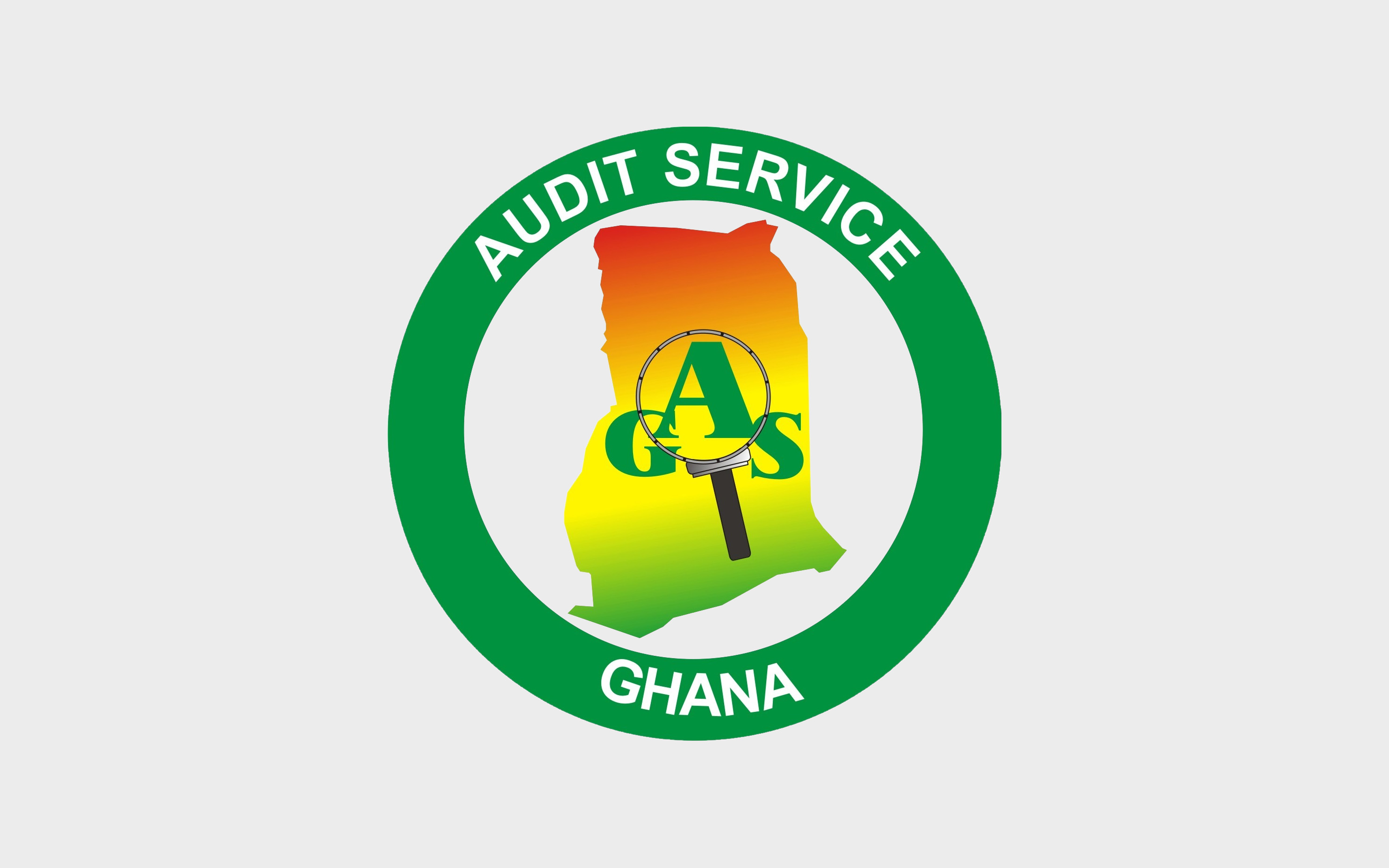
The impact of COVID-19 on international organizations audit. Transition to the new IPSAS 41. Summary of the Russian-Ghanaian experience-sharing seminar
On December 23, 2022 the Accounts Chamber of the Russian Federation and the Audit Service of the Republic of Ghana held a seminar to discuss the impact of COVID-19 pandemic on international organizations audit as well as the specifics of the new International Public Sector Accounting Standard (IPSAS) 41.
In his opening remarks, Mr. Timur Makhmutov, Director of the Department for International and Regional Cooperation of the Accounts Chamber of the Russian Federation, noted that the seminar was the first joint event between SAIs Russia and Ghana. He pointed out that the two SAIs as the external auditors of United Nations institutions and other international organizations have extensive experience in this field and could benefit greatly from the exchange of expertise.
Ms. Elena Boytsova, Deputy Head of Office of the Accounts Chamber of the Russian Federation, shared SAI Russia’s experience in auditing the United Nations Industrial Development Organization (UNIDO) and the Preparatory Commission for the Comprehensive Nuclear-Test-Ban Treaty Organization (CTBTO). The speaker highlighted the key implications of the COVID-19 for international organizations audit, namely those impacting allowances and After Service Health Insurance (ASHI) calculation. Moreover, the pandemic created significant obstacles in audit procedures, increasing expenses/assets cut-off risk, IT- and fraud-related risks. Ms. Boytsova stressed the need for additional procedures in light of the challenges that emerged during the pandemic.
Mr. Denis Strizheusov, Deputy Director of the Department for Financial Audit, discussed the key challenges brought by IPSAS 41 “Financial Instruments” in comparison with IPSAS 29. The speaker outlined promising adaptation measures which include trainings for the audit teams, transition analysis by UN institutions, harmonising audit approaches of the external auditor and auditee, and sharing the experience on IPSAS 41 implementation with other UN external auditors. Mr. Strizheusov also emphasized the special role of IT tools in international audit and shared SAI Russia’s experience in using Business Intelligence instruments, including PolyAnalyst.
Mr. Patrick Neequaye, Assistant Auditor-General of the Republic of Ghana, analysed the impact of COVID-19 on international audit at operational and task levels. Touching upon the changing role of external audit, the speaker stressed the relevance of developing risk management in international organizations, outsourcing the services by external auditor, creating common back-offices by the external auditor and the auditee. Mr. Neequaye listed the key directions for advancing international audits. Those include maintaining effective communication with major stakeholders, revisiting SAIs’ risk management and assessment, especially for technological risks, promoting impact assessment, conducting real-time compliance audits, coordinating actions with accountability bodies within the international organizations as well as staff training. Regarding the adoption of IPSAS 41, the speaker highlighted the need for timely information that would allow financial statements users to make better decisions. Also, there would be a need for external auditors to participate in technical meetings when new standards are being discussed for adoption within the UN Organizations.
At the end of the seminar, Russian and Ghanaian participants noted that experience-sharing between the two SAIs would help promote best practices of the international organizations audit and expressed mutual interest in boosting bilateral dialogue in the near future.



